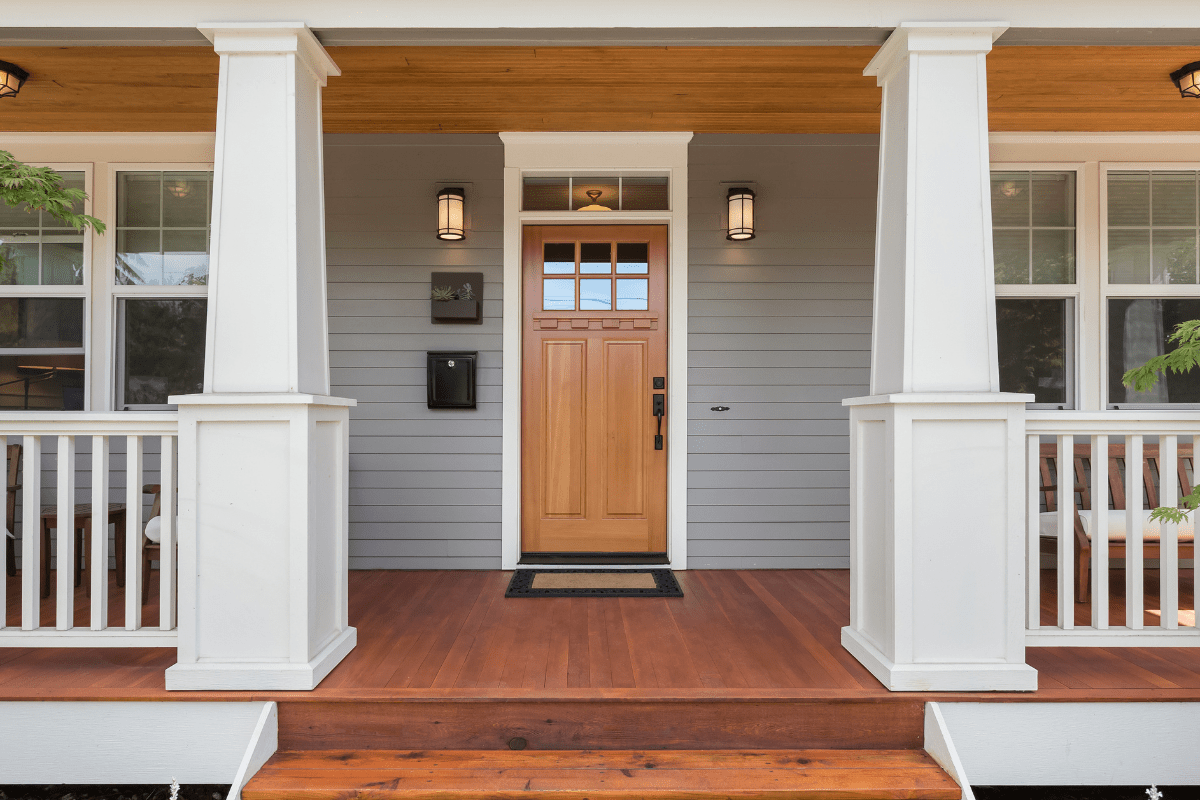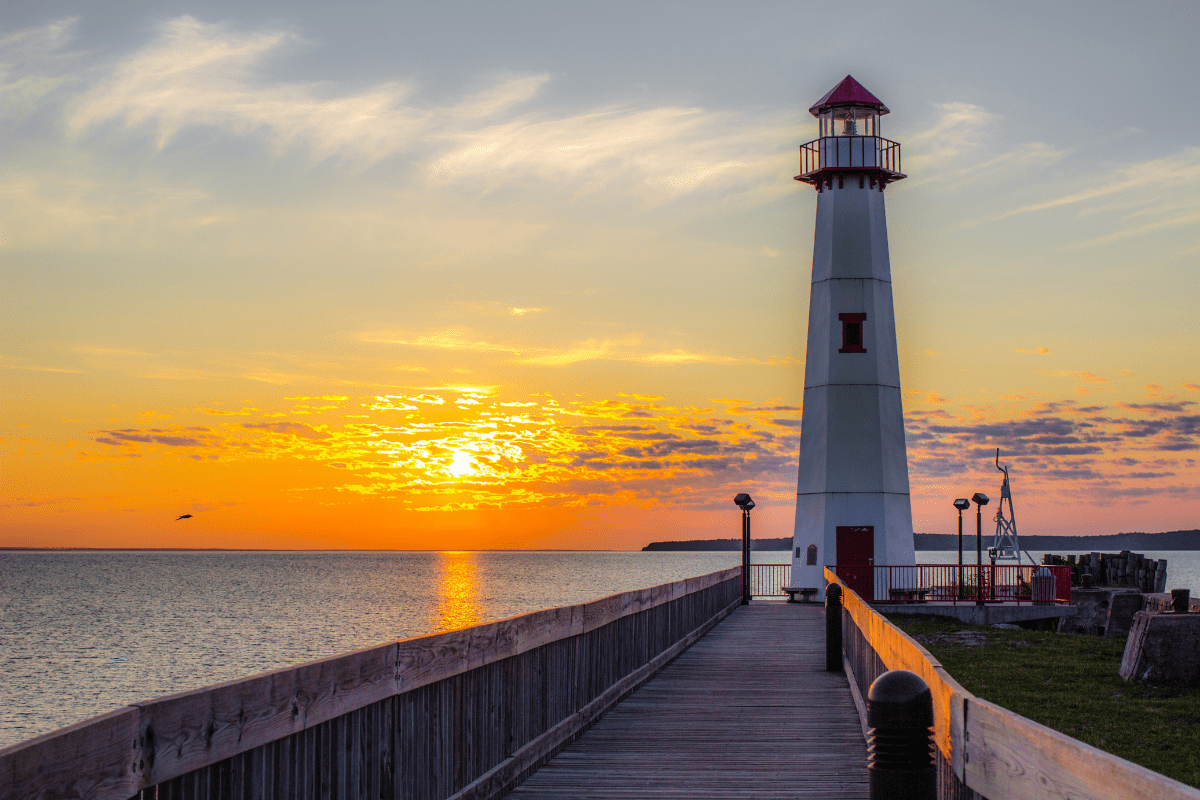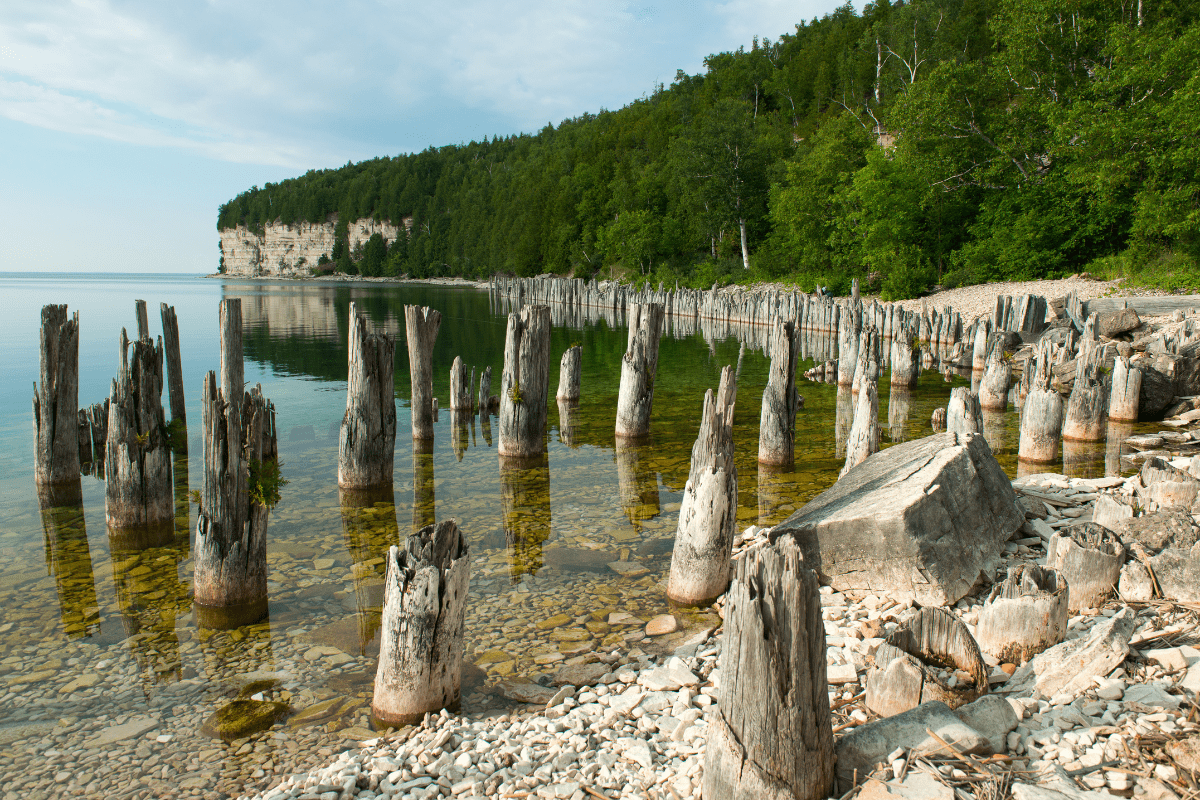Living in Michigan means dealing with brutal winters, surprise lake-effect snow, and energy bills that make you question your life choices.
But here's the thing: you can actually save thousands of dollars a year on your home expenses if you know where to look and what to do.
Weatherize now or pay forever
Let's start with the elephant in the room… or should I say, the arctic blast in your living room. Michigan homeowners spend an average of $583 monthly on total energy costs, with electricity alone running $120 to $198. That's before you even turn on the heat.
The real kicker? Our state averages 6,690 heating degree days annually compared to just 700 cooling degree days. That's basically Mother Nature's way of saying "hope you like paying for heat!" Natural gas currently costs $3.15 per thousand cubic feet for the 2024-25 heating season, which is actually down 10% from last year. Small victories, right?
Free money for insulation (seriously)
Here's where it gets interesting. The Weatherization Assistance Program is basically free money if you qualify. Households at 200% of the federal poverty level can get free energy audits, insulation, air sealing, and even furnace tune-ups. The average participant saves $372 annually with 15% to 40% reduction in fuel usage. That's like getting a month of heating for free.
But wait, there's more! (I sound like an infomercial, but stick with me.) Michigan just got $211 million in federal funding for the Michigan Home Energy Rebates program, launching statewide in early 2025. This isn't chump change we're talking about:
- Heat pumps: $8,000 rebate
- Heat pump water heaters: $1,750
- Insulation and air sealing: up to $1,600
- Electrical panel upgrades: $2,500
- Maximum combined rebates: $34,000
Yes, you read that right. Thirty-four thousand dollars. That's a decent car. Or a really nice boat. Or, you know, a properly insulated house that doesn't feel like an igloo.
Your utility company wants to give you money too
DTE and Consumers Energy have their own rebate programs because apparently everyone wants to throw money at energy efficiency these days. DTE offers $50 for smart thermostats that can save you up to $180 yearly. They'll also give you up to $400 cash back for insulation.
Professional energy audits run $50 to $300 in Southeast Michigan, but they often pay for themselves just by identifying rebate opportunities you didn't know existed. It's like having someone professionally point out all the ways your house is wasting money.
Property taxes: the other budget killer
Michigan property taxes vary wildly by county. Ingham County leads the pack at 1.93% effective rate while Ottawa County residents enjoy a modest 1.09%. The state median property tax payment is $2,101.52 annually, but there are legal ways to slash that number.
The Principal Residence Exemption is your best friend
If you haven't claimed your Principal Residence Exemption yet, stop reading this article and go do it now. Seriously. I'll wait.
This exemption eliminates up to 18 mills of local school operating taxes, typically reducing your property tax bill by 32% to 33%. On a home with $50,000 taxable value, that's about $900 back in your pocket every year. The deadlines are June 1 for summer taxes and November 1 for winter taxes. Mark your calendar. Set seventeen reminders. This is free money for filling out a form.
Special exemptions that pack a punch
Are you a disabled veteran with a 100% VA disability rating? Your property taxes could be completely eliminated. That's $2,000 to $5,000 or more annually, depending on your property value.
Seniors have options too. If you're 65 or older, you can defer taxes in participating counties. There's even proposed legislation (Senate Bill 292) that would exempt homeowners 70 and older entirely. The poverty exemption offers partial to complete exemption based on federal poverty guidelines, with asset limits typically capped at $50,000.
Fighting your assessment (legally)
Think your property is overassessed? You're probably right. Michigan has a three-step appeal process:
- Contact your local assessor (the friendly approach)
- Appeal to the March Board of Review (the formal approach)
- Take it to the Michigan Tax Tribunal (the nuclear option)
Focus on comparable sales data from similar properties, not sob stories about your finances. Professional appraisals cost a few thousand but often justify themselves with 10% to 25% assessment reductions. One local assessor told researchers that "many errors get corrected informally when homeowners contact us before formal appeals." Translation: just ask nicely first.
Winter is coming (and it wants your money)
Michigan's 100-plus annual freeze-thaw cycles are basically nature's way of destroying your house slowly. Foundation repairs average $25,000 or more. Burst pipes cause $2,000 to $10,000 in water damage. Ice dam removal costs average $1,200, plus another $900 for roof repairs.
But here's the thing: prevention costs pennies compared to repairs.
Your winter survival checklist
Annual HVAC maintenance runs $130 to $500 but prevents replacements costing $3,000 to $8,000. Think of it as life insurance for your furnace. Gutter cleaning averages $157 per service in Michigan, and you'll need it 2-3 times yearly unless you enjoy indoor waterfalls.
For the DIY crowd, here's your shopping list:
- Pipe insulation: $100-300
- Caulking: $10-30
- Weatherstripping: $50-150
- Roof heating cables: $500-1,500
- Pride: priceless
Total investment? Maybe $700 if you do it yourself. Cost of frozen pipes? $500 to $2,000 just for repairs, not counting the water damage, the emergency plumber rates, or the therapy sessions.
When to call the professionals
Snow removal services average $38 to $67 per visit, with seasonal contracts running $200 to $700. Sure, you could shovel it yourself, but do you really want to be that person having a heart attack in their driveway?
Foundation waterproofing costs $2,000 to $15,000 depending on whether you go interior or exterior, but it increases home value by 10% to 15% while preventing mold remediation expenses ($500 to $3,500) and structural damage (don't even ask).
Insurance: shop around or get ripped off
Michigan's average home insurance premium of $1,785 to $1,853 is actually 7% below the national average. But why pay average when you could pay less?
Meemic leads affordability at $635 annually. That's less than what some people spend on coffee. Regional insurers like Frankenmuth and Auto-Owners often beat the big national companies on both price and service.
Bundle and save (it actually works)
Bundling home and auto saves an average of $356 yearly… a 19% reduction. That's real money. Also, your credit score matters more than you think. The difference between excellent and poor credit? A mind-blowing $7,678 annually. Suddenly paying bills on time seems more important, doesn't it?
Solar power: yes, even in cloudy Michigan
I know what you're thinking. "Solar? In Michigan? Have you seen our weather?" Fair point. We average just 170 sunny days annually. But here's the surprising truth: a typical 5kW system still delivers $32,476 in 25-year savings.
The 30% federal tax credit knocks about $4,620 off installation costs. Michigan's property tax exemption for solar systems adds another $8,300 in value. Net metering through DTE and Consumers Energy credits you for excess power (though below retail rates). Payback periods run 9 to 12 years, which beats most investments that don't involve insider trading.
Financing your home improvements
Can't afford upfront costs? Michigan Saves offers loans up to $50,000 for energy improvements at around 6.99% APR. They cover 150-plus eligible upgrades including HVAC, insulation, roofing, and solar panels with 10 to 15 year terms.
Todd Parker from Michigan Saves says "customers get loan decisions within minutes, and our 24/7 online access makes it convenient for contractors to help clients at any time." It's basically the Amazon Prime of home improvement loans.
Your action plan (because reading doesn't save money)
This month:
- Apply for Principal Residence Exemption if you haven't
- Schedule an energy audit before the MiHER program launches
- Buy weatherstripping and actually install it
Next 3-6 months:
- Research applicable rebates and tax credits
- Get insurance quotes (set aside an afternoon)
- Plan major upgrades for spring when contractors are available
Your potential savings scorecard:
- Energy efficiency improvements: $500-2,000 yearly
- Property tax optimization: $900-5,000 yearly
- Preventive maintenance: $1,000-5,000 in avoided repairs
- Insurance optimization: $300-700 yearly
- One-time rebates and credits: $5,000-34,000
The bottom line
Look, owning a home in Michigan isn't cheap. Between the weather trying to destroy your house and the various entities trying to tax you into oblivion, it can feel like a losing battle. But with these strategies, you can fight back.
One energy contractor put it perfectly: "Clients consistently report 15% to 40% fuel usage reductions, translating to hundreds in annual savings while improving home comfort dramatically." That's the dream, right? Saving money while actually being comfortable in your own home.
The key is starting somewhere. Anywhere. Pick one thing from this article and do it this week. Apply for that tax exemption. Call for insurance quotes. Buy some caulk. Small actions compound into big savings, and before you know it, you'll be that annoying neighbor bragging about your low energy bills.
Just remember: many of these programs have specific deadlines and limited funding. The early bird gets the rebate, as they say. Or maybe they don't say that, but they should. Either way, stop procrastinating and start saving. Your future self (and bank account) will thank you.





